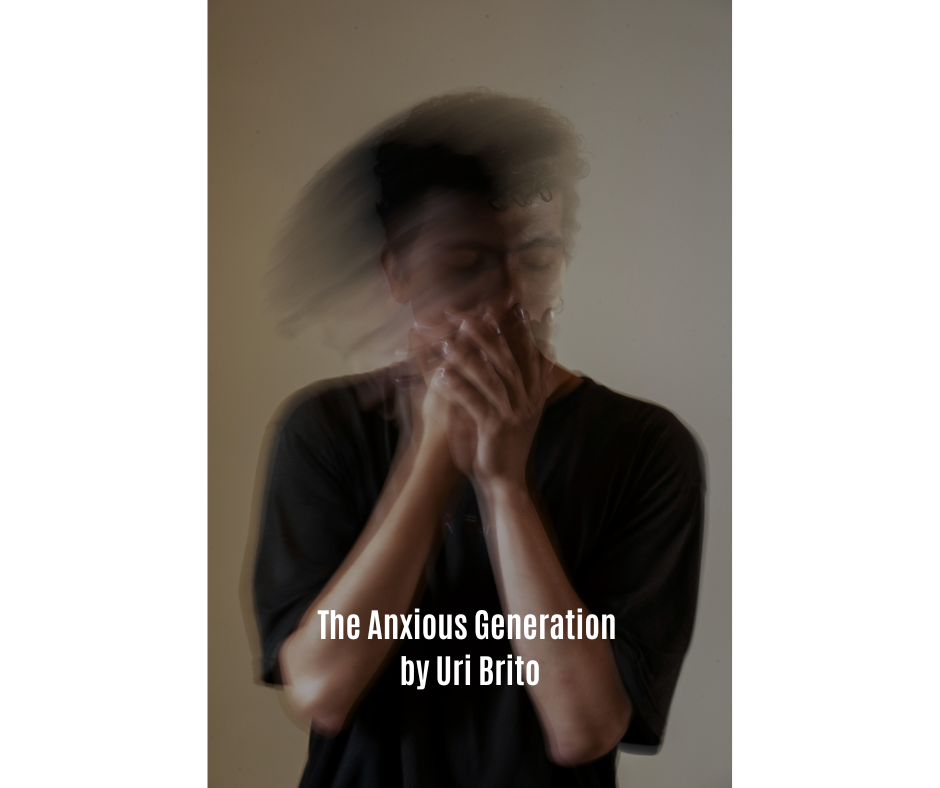We are now encountering what Jonathan Haidt calls the “anxious generation.” Emergency room visits for self-harm rose by 48% among boys. Among adolescent boys, the suicide rate rose by 91%. These astronomical numbers reveal something about our time. This radical shift took place only in the last decade.
We cannot doubt that lockdowns paralyzed much of the manly impulse to have adventures. That isolated existence- which many of us refused to accept- also gave young men the sense that the world needed to function according to their desires and passions. Yes, that season impels young men to create reality according to their image and likeness. So, what happens when the world does not reply affirming you or your existence? What happens when the first negative Instagram comment about your looks depletes you of any wish to live? Is that normal? Does it explain the psychology of anxiety?
Another piece of this anxious generation manifests through various forms of animosity, which has become a common thread in a disenchanted world. When people lose their sense of the holy, they make sociological determinations about places and people. In other words, they disenchant them to feel enchanted. People shift their woes to systems and people groups to validate their existence and purpose. If you can do this successfully, you don’t have to analyze your role in the babelic nature of the anxious environment you have created for yourself.
Of course, I am not saying that evildoers get a pass. They don’t and shouldn’t. But I am saying that this perpetual blame-shifting ritual quickly becomes an addictive cycle. The more one views the world’s woes through this lens, the easier it is to find massive scapegoats to alleviate our people’s political and social sins or our own. There will always be culprits to soothe our anxious hearts.
In this paradigm, we can live reactionarily, passing out guilt cards to everyone else and every people group but ourselves. This absolves us of our mistakes, allowing us to continue without responsibility. Then, our mistakes can be atoned for and absolved by those who regurgitate the same priestly language. “It’s their fault” is not a 21st slogan. It is as old as midday in the Garden of Eden, and it’s time we break this cycle.
This model chooses a seatbelt society specializing in safety but never giving heed to the adventure of responsibility. It’s a self-sabotage that endangers our ways and our capacity to make sense of the world around us. We are an anxious generation, and only placing our sins at the feet of the cross will heal our heavy hearts.
















